Coca-Cola Discontinues Half Its Drinks And Companies Are Taking Notice

If the streaming era has taught us anything as consumers, it’s that a wide array of options doesn’t necessarily lead to a higher output of quality. Instead, consumers are often fatigued by choosing between so many possible products, and often opt for the safer and more familiar item. This also applies to food and beverage companies, as Coca-Cola has begun discontinuing many of its beverages, causing other food industry businesses to follow suit.
Cutting 50 Percent Of Product Output
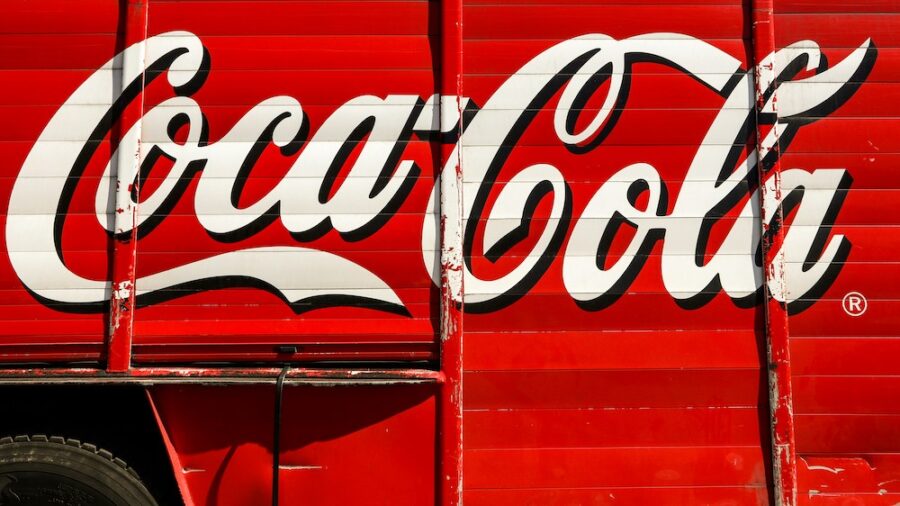
Classic Coca-Cola will likely never come off the menu, with the carbonated beverage dominating sales every year.
However, the company has produced or acquired hundreds of alternative options in the last several decades, including lesser-known beverages like Diet Coke Fiesty Cherry and Odwalla juice.
The enormous food and drink conglomerate aims to shed their product output by a margin of roughly 50 percent, meaning now is the time to buy in bulk if your favorite soda is a highly obscure Coke product.
Setting The Standard
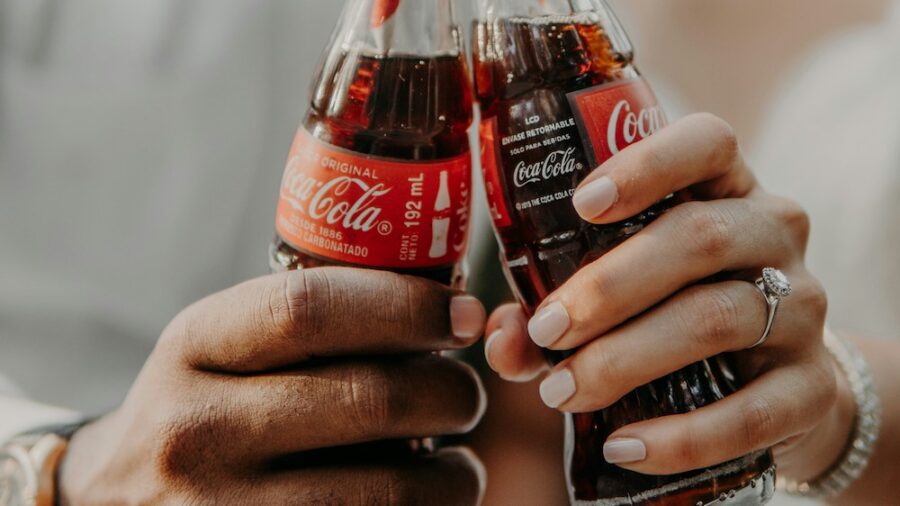
As an industry leader, Coca-Cola seems to set the standard for other products worldwide, including other food and drink companies and even automobile manufacturers.
This is likely due to the masses encountering decision fatigue at the checkout counter and often choosing the most convenient item instead of taking on a new experience.
Dollar General stores, for instance, are reducing the total number of mayonnaise options they carry because the CEO, Todd J. Vasos, believes consumers won’t feel any difference with limited options.
Fewer Options At Checkout
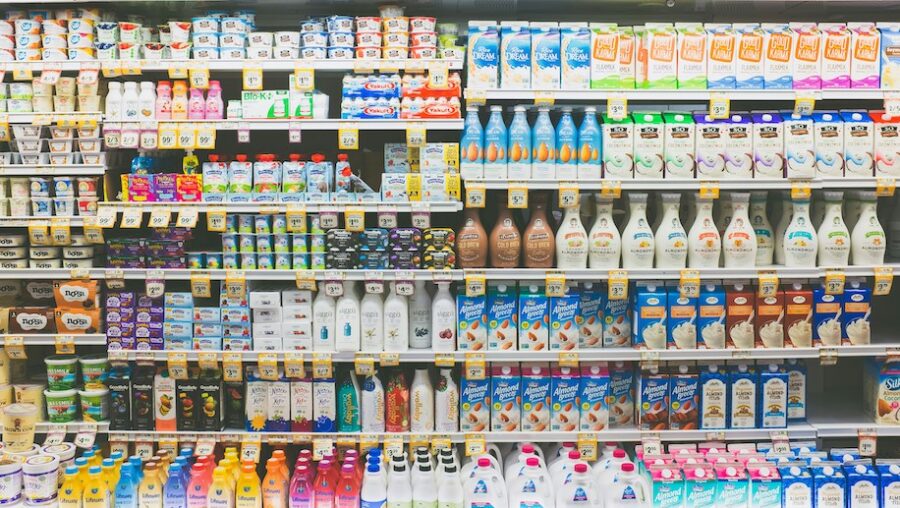
Likewise, grocery chains like Stew Leonard’s are reducing their stock of cereal, while razor, lotion, and wet wipes manufacturers trim underperforming products from their manufacturing budget.
Nowhere is this decision fatigue more evident than at Coca-Cola branded self-serve soda machines often found in fast food restaurants and movie theaters.
How many times have you approached one of these machines with hopes of exploring the wide array of beverage options, only to eventually cave and get a classic Coke after flipping through a veritable thesaurus of artificially-flavored variants?
Supply Chains To Blame?
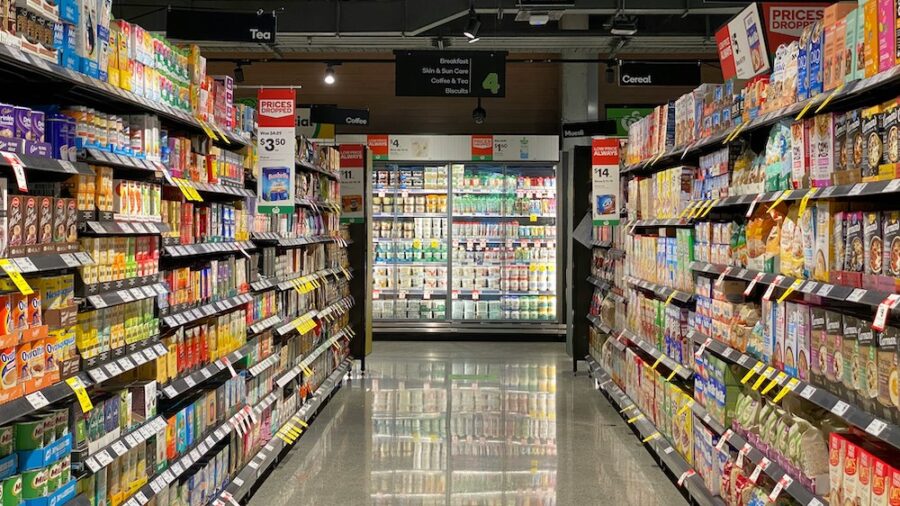
According to some business analysts, the turn began during the COVID-19 pandemic of 2020, when supply chain issues forced businesses to reduce their stock to only what was absolutely necessary.
In the years since, companies such as Coca-Cola have begun to realize that offering too many choices to consumers only serves to water down your flagship products, and adds a layer of operational complexity at the canning and bottling facility.
Now, society is trending toward conformity and minimalism, which saves on manufacturing costs which could and should go back into the wage workers’ pockets.
Time To Stock Up?
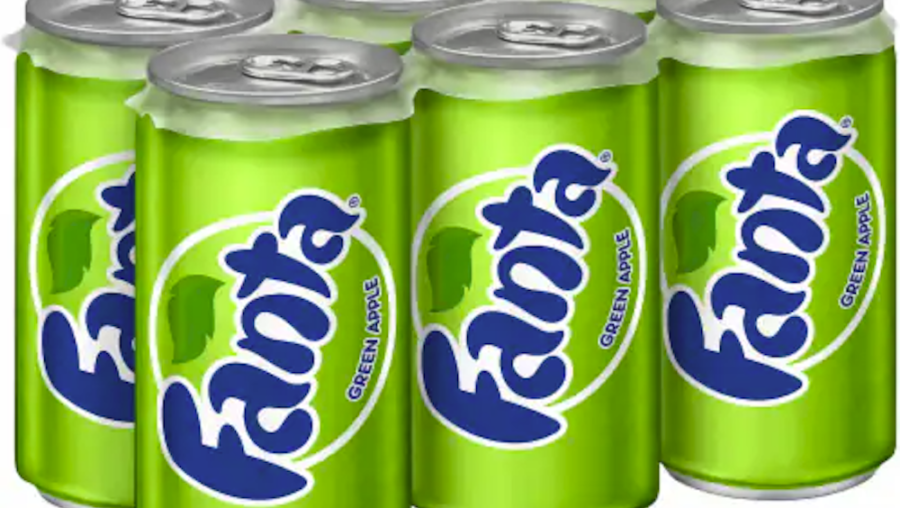
With a company like Coca-Cola, it seems more likely that the additional profit margins will go toward lining the pockets of shareholders and executives, but the point still remains.
The only people who lose in this equation are die-hard drinkers of Fanta Green Apple and other soon-to-be discontinued sodas.
With any luck, perhaps Coke and the companies that follow its direction will alert their customers to massive sales on products that will no longer enter production, giving fans a final chance to stock up.
Source: The Independent













